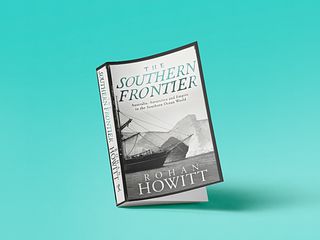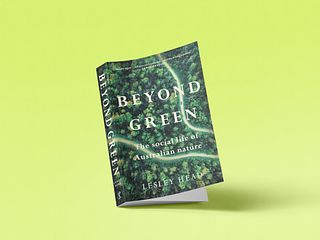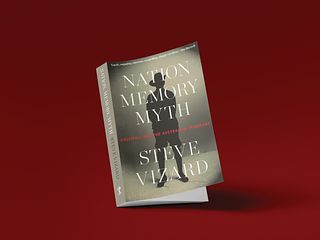Keeping our books on paper with Print-on-Demand
Posted on 25 Jun 2025
A short guide to how Print-on-Demand works at MUP.
Posted on 25 Jun 2025
A short guide to how Print-on-Demand works at MUP.
Posted on 11 Jun 2025
Why has Antarctica long loomed large in Australian psyche? How did Australia come to see Antarctica as a natural extension of our territory and why…

Posted on 11 Jun 2025
Culture, society and human behaviour have forever been linked to nature. In her thought-provoking book, Lesley Head, geographer and Redmond Barry Distinguished Professor Emeritus at…

Posted on 11 Jun 2025
How does myth generate meaning for a nation and its citizens? How does a national myth transform into symbolic performances of cultural memory and kinship?
